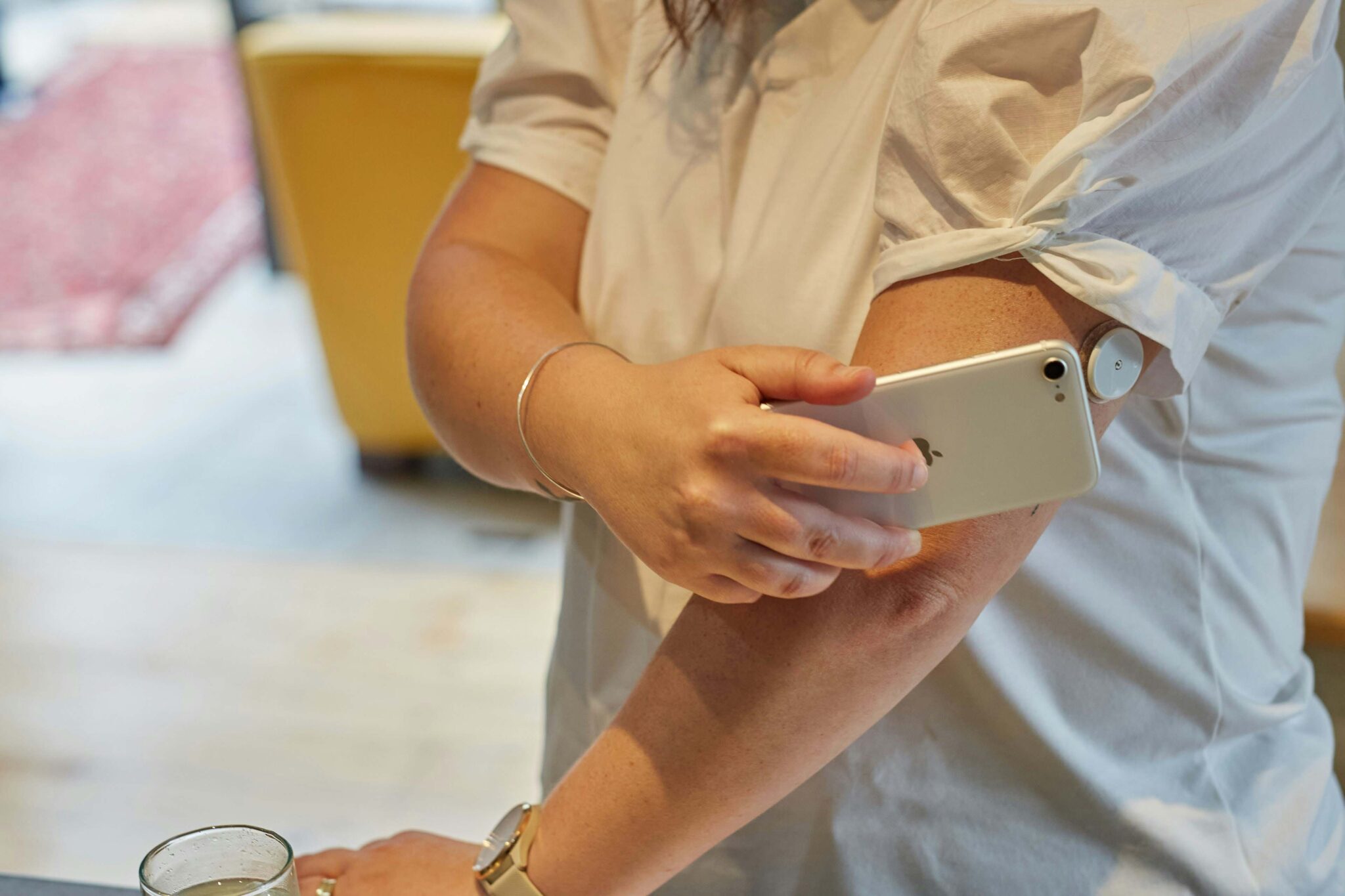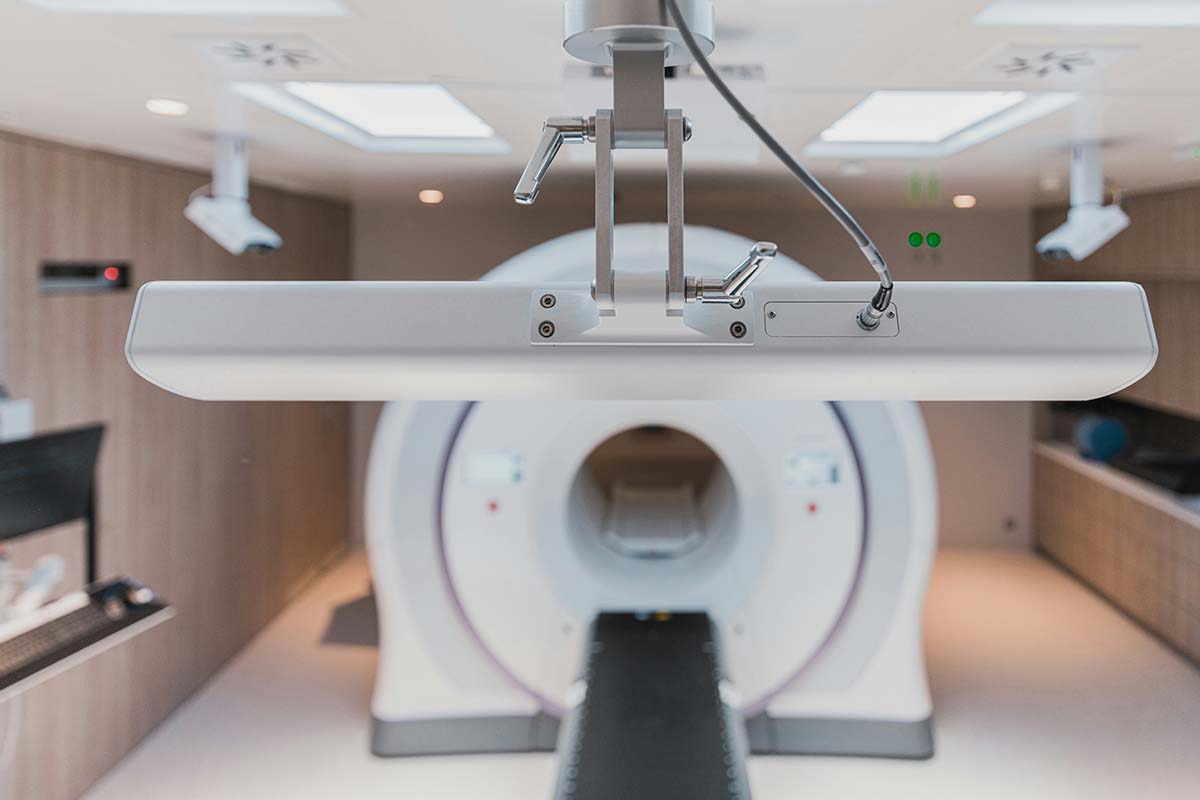Innovative Vitality Brings Longevity Practice to Chicago
“Scientists believe that the first human being who will live 150 years has already been born. I believe I am that human being.” – Chris Trager, Parks and Rec.

If we were to build out the imaginary bookshelf of the character on my favorite TV show, I personally believe that he would live by the tome, “Outlive” by Dr. Peter Attia. Attia’s entire thesis is around creating longer, better lives that are spent being more alert and less sick.
Attia is a pioneer in the emerging field of medicine that many call Longevity Medicine. He wants to reform the image of the medical system to focus on optimizing health, rather than treating disease. He emphasizes five key behaviors or interventions: Exercise, nutrition, sleep, emotional health, and “exogenous molecules” like supplements and pharmaceuticals.
If you’ve read the book, you may have walked away feeling like the idea of longevity sounds amazing, but the habits of longevity represent an insurmountable pile of to-dos. And you’re not alone.
About a year ago, I stumbled into Innovative Vitality, where I explained that I was tired all the time, anxious, and felt out of control of my body. I was walking into my first appointment in a coaching-meets-medicine approach to longevity. And, by the way, Dr. Attia’s book was on the shelf of my practitioner’s office.
Innovative Vitality is a Chicago-based longevity practice helmed by CEO, Dr. Rahul Khare who came up in emergency medicine and realized that he wanted to do things differently. He wanted to get to patients before the diseases that have the most dramatically negative impact on health do.
His approach, as well as the practitioners who work alongside him, is to aggressively treat for your risk factors so you don’t walk into your annual check-ups with increasingly high blood pressure, cholesterol, or pre-diabetes that turns into diabetes.
The first few visits: Establishing a baseline and setting goals.
My first visit to Innovative Vitality was long – in fact, every visit takes on the same unhurried approach. At the intake appointment, tests and a lengthy conversation are used to establish a baseline.
Bloodwork helps to find inflammatory markers, Dr. Khare said, but also hormone levels, deficiencies, and organ function. Hormones, Dr. Khare said, are really important to the practice, especially in the perimenopausal phase when so much changes for women. Women are used to being told we’re fine and normal when experiencing hormonal shifts, but when quantified, this data can help explain how we’re feeling and can lead to treatment that can improve quality of life.
Let’s talk about the scale for just a brief moment in time. If you’ve read aSweatLife for years, we don’t generally mention weight. But, I do want to not that at this practice and for the first time in my life, I didn’t feel an intense hate for the scale at a doctor’s office -Innovative uses an InBody Scan rather than charting your weight and height. We used my muscle mass as a marker, rather than an outdated, unscientific BMI.
There are other tests that add to the data at this point, like blood glucose monitoring. I wore a constant glucose monitor (CGM) for 14 days and observed whether what I ate created a glucose response.
Setting goals
With all of that data, my practitioner and I set goals based on how I wanted to feel. Our relationship shifted to one that was equal parts coaching and equal parts medical guidance.
We talked about the supplements I needed to add – Vitamin D and Zinc, by the way – and the foods that were spiking my blood sugar.
Enter another book from Dr. Khare’s library: The Glucose Revolution.
The central thesis of the book is that by actively managing blood sugar levels and avoiding major spikes in blood glucose through mindful food choices and timing, one can significantly improve their overall health, energy levels, and well-being by reducing insulin resistance and mitigating the negative effects of fluctuating blood sugar on various bodily functions.
Many of us are familiar with a sugar rush and the subsequent crash, but we may have never associated that with anything outside of a Halloween candy haul.
“We teach you how to decrease those spikes,” Dr. Khare said, “And then we’d start putting you on supplements and medications to help in that endeavor.”
Checking in
All check-in appointments involved data-driven insights, like updated bloodwork and InBody scans, as well as thoughts, feelings, and emotions.
The goals you set at the outset are, malleable (just like goals should be). But they’re still used as a lighthouse in the experience. We would touch base on my muscle mass and protein intake – two of my goals – and chat about my workouts and sleep. I added a new goal as we progressed and I started to feel more clear-headed and alert: I wanted to stop taking Lexapro. We created a plan for that, looped in my therapist, and charged ahead.
Exercise was also a constant topic, not simply for the way it impacted the data points, but also how I felt energetically doing specific types of exercise. The focus on exercise is by design. Dr. Attia and other longevity practitioners believe exercise is the most important pillar of living that can stave off death and prevent cognitive and physical decline.
The next frontier: emotional wellbeing
Having also started the practice Innovative Psychedelics, Dr. Khare is deeply passionate about this phase.
The key questions patients tackling emotional wellbeing are asked, Dr. Khare said, “Are you living the life you really want to live? Have you processed the traumas of your childhood? Are you happy in your life?”
And if any of those questions make you nervous, and curious about what this has to do with a medical practice, the answer is a great deal. A pile of studies and data have come to show that your sense of belonging and purpose are linked to whether or not you develop conditions like heart disease later in life. The Harvard Study of Adult Development, for example, concludes after more than 80 years of research that “how happy we are in our relationships has a powerful influence on our health.”
Where you’ll find Innovative Vitality this year.
Because of my journey with the practice, we’re partnered with the doctors to create exclusive access for Ambassadors, opportunities for readers, and most importantly to share a slew of information to hopefully help us live happier, healthier lives.











